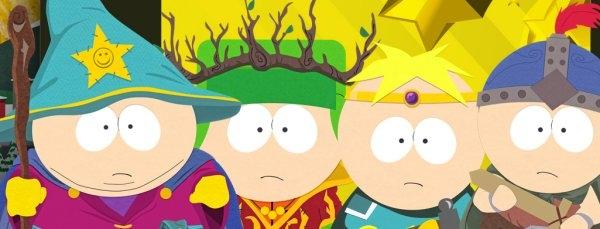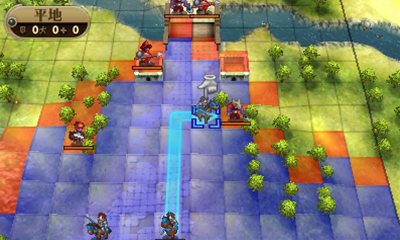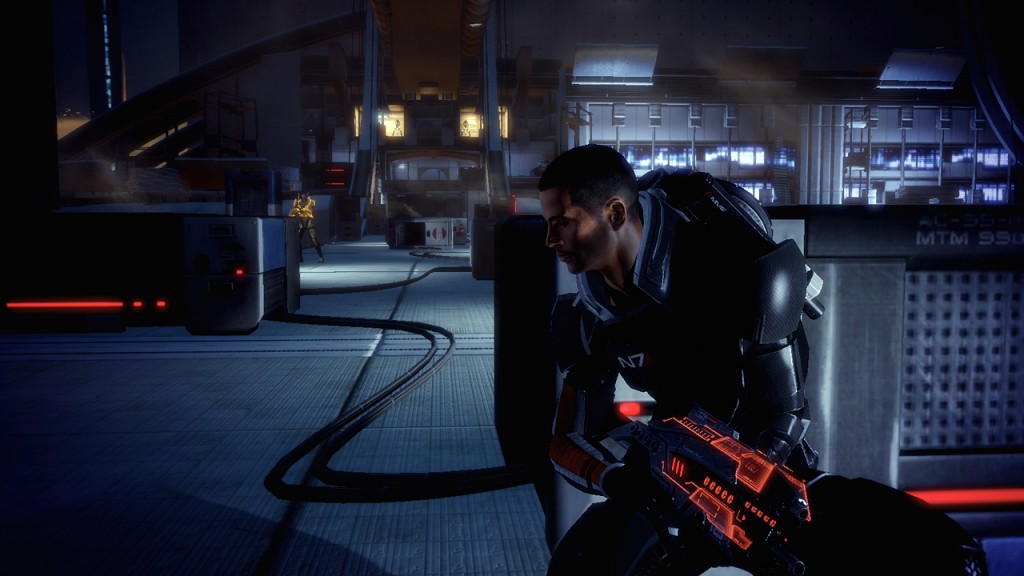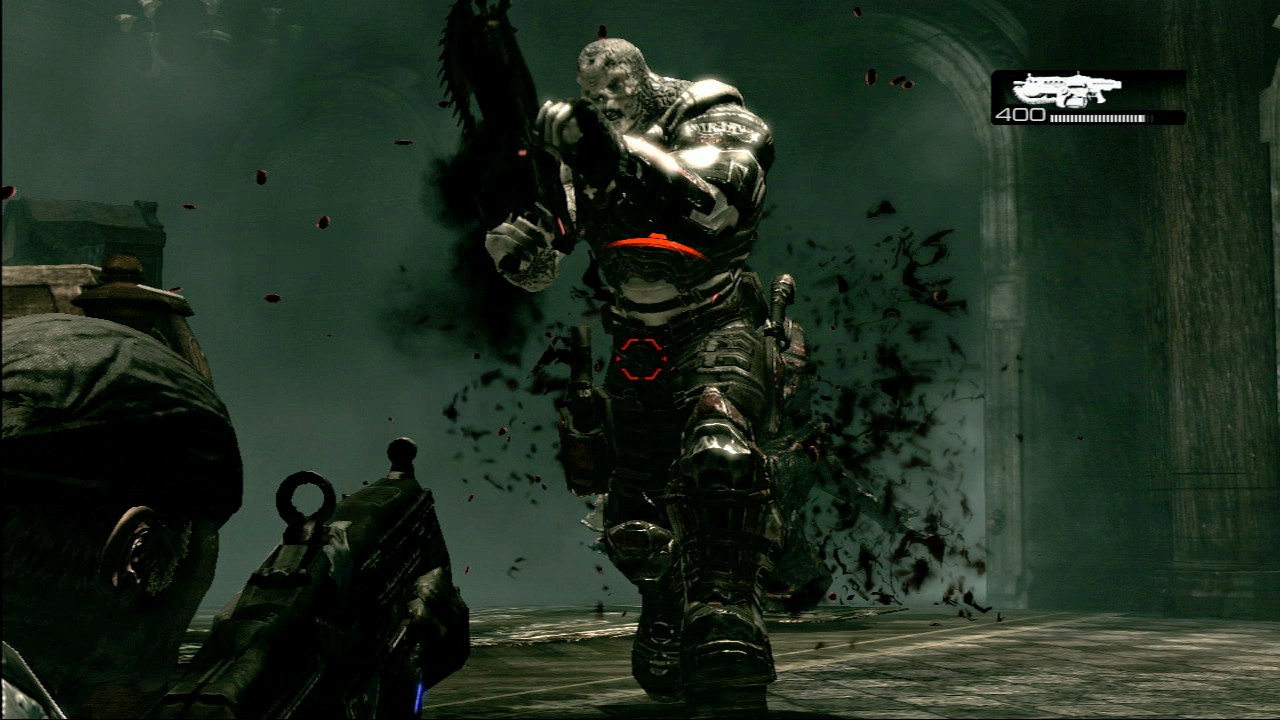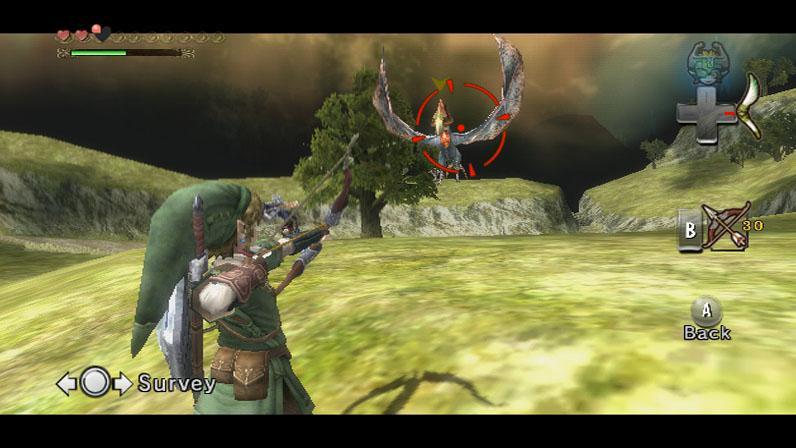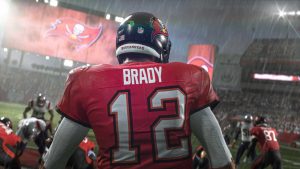Most people who are well acquainted with video games will be able to tell you that there are many different genres of video game just as there are genres of movies. These genres often have rules and tropes that are not only common but expected by those who play these games. A few examples of video game genres would be the First-Person Shooter (Counter-Strike, Halo), Racing game (Need for Speed, Formula 1), Sports game (NFL, Football Manager), and then one of the most expansive genres of all the Role-Playing game (RPG for short). All of the genre names seem fairly self-explanatory so what does RPG mean? In the most general sense an RPG is a game in which the player takes on the persona of a character who they can often customize and battles against enemies in an effort to grow stronger. However the genre starts to vary widely from there to the point that two RPGs could have different camera angles (Third-Person, Top Down), different combat systems (Real-Time, Turn-Based), different character controls (One character controlled with a controller, multiple characters controlled from menus), and different ways of determining character growth (we’ll cover that more later). The term is used so frequently that people often debate about what really IS and ISN’T an RPG.
… so is this.
Because of the large differences between RPGs this has lead to sub-genres becoming greatly more important when fans of a game are looking at newer games coming out. The first screenshot belonged to a sub-genre called Tactical-RPG where the game is almost always turn based and the emphasis is on character growth through better stats and intelligent unit movement. The second screenshot is from something on the opposite side of the spectrum called an Action-RPG or sometimes Shooter-RPG. The game is continuously moving and reaction time as well as quick choices are prized over long term growth. No one sub-genre is inferior to the other though rabid fans of either will claim otherwise. So what do they have in common? Well to be honest not a whole awful lot other than the fact that both are widely popular within their sub-genre and are under the umbrella term RPG. It would be like putting Call of Duty and World of Warcraft under the category of “Online”. They are so different from each other that it makes no sense to lump them together. So the question becomes what really makes an RPG an RPG and what can be done to put things into better categories? Gamers being the quick witted people that they are have already solved that problem by creating the sub-genres discussed earlier. If a game is called an RPG that does not help you much but if it is called an Action-RPG you get a better idea of what the game will play like where as a Turn-Based RPG will bring up a very different first impression once you learn to distinguish them. So whenever you want to talk about a video game that you would consider an RPG just remember to place it into the proper sub-genre to help everyone better visualize what it is you are talking about. Otherwise you will have to spend a lot of time explaining the game instead of talking about that exciting moment you had playing it.
Remember everything is an RPG when you look at it the right way. Afterall…
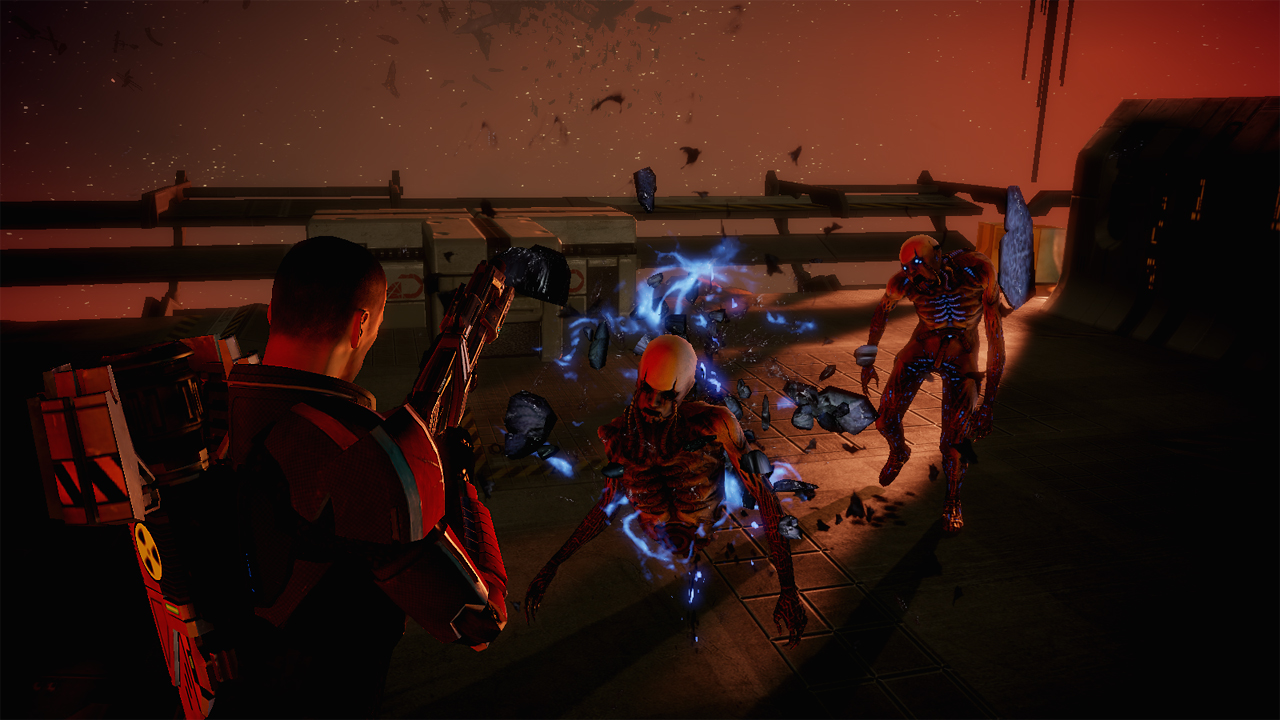 …this is an RPG but plays more like…
…this is an RPG but plays more like…
…this than it does…
…this!

